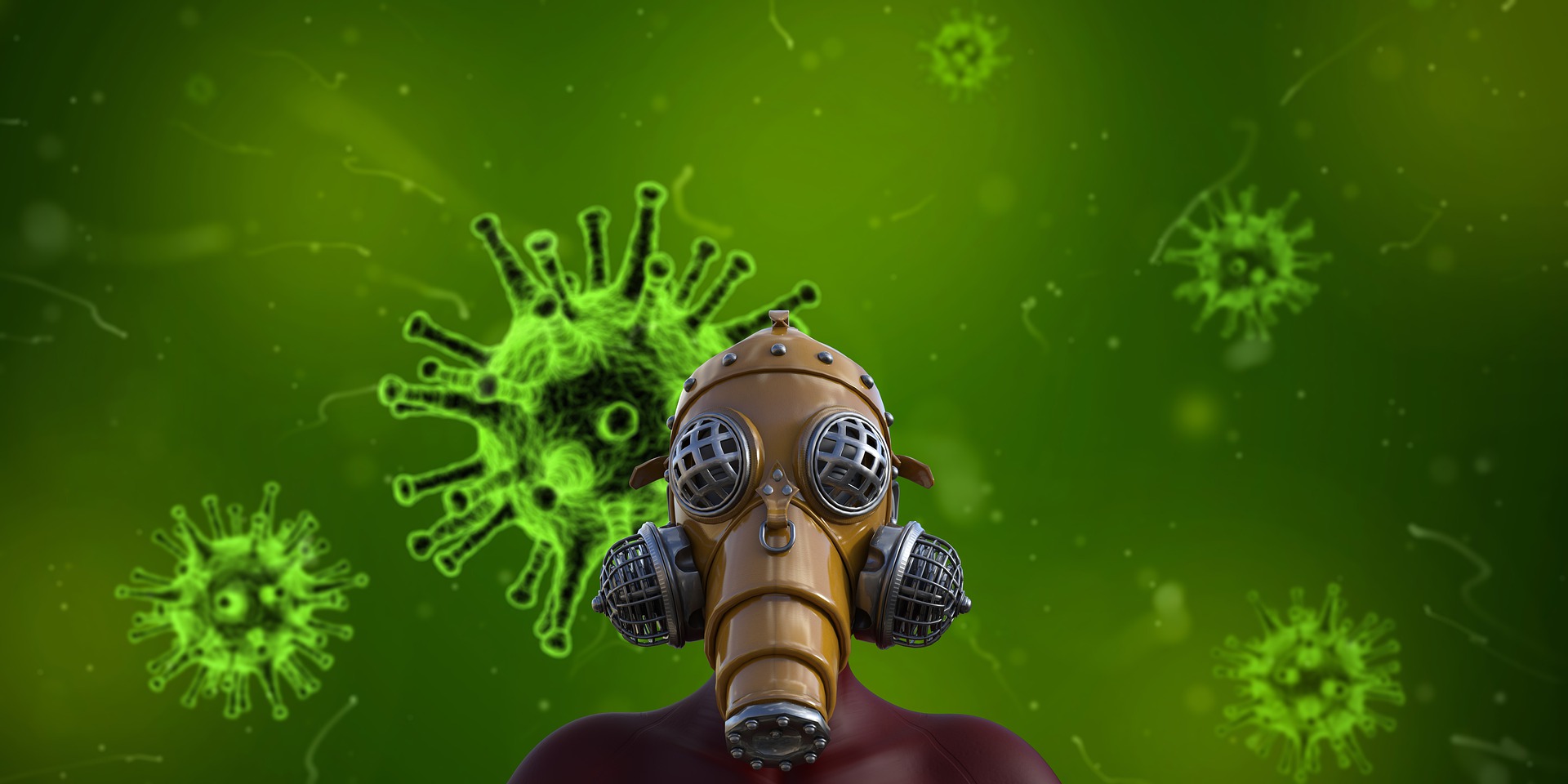A large RCT will examine whether the BCG vaccine for tuberculosis can also mitigate the severity of a COVID-19 infection
While the world waits for a vaccine for SARS-CoV-2, a century-old shot is being tested for its possible effects in mitigating the virus’s severity by priming the immune system.
The Bacille Calmette-Guerin or BCG vaccine, which contains live Mycobacterium bovis and leaves inoculees with a characteristic scar, has been used since 1921 to protect against the worst effects of tuberculosis. But it also appears to have contributed to a large reduction in non-tuberculosis mortality.
The idea is that BCG trains the innate immune system, the body’s army of “first responders”, including macrophages, neutrophils, natural killer cells, mast cells et cetera. These are pattern-recognisers that deploy immediately against anything that looks like an infection, whereas it takes days for specific antibodies to be produced by the adaptive immune system.
The Murdoch Children’s Research Institute is recruiting more than 4100 healthcare workers at eight hospitals for a randomised controlled trial that it hopes to start next week. Researchers in The Netherlands are trialling BCG concurrently.
The BRACE trial (BCG vaccination to Reduce the impact of COVID-19 in Australian healthcare workers following Coronavirus Exposure) is the first RCT to test the vaccine against a virus like SARS-CoV-2.
Subjects will have a blood test, then receive a regular influenza shot with or without BCG. They will record any respiratory symptoms and fever on an app, get tested for SARS-CoV-2 if they have symptoms, complete online surveys every three months and get a final blood test in 12 months. There will be an interim review at three months.
Professor Nigel Curtis, leader of the infectious diseases group at MCRI, said while BCG had been around 100 years, it was apparent “non-specific effects” – a contested hypothesis – had been observed only in the past decade or two.
“Initially from observational studies, it was noticed that those infants who are BCG-vaccinated had a much lower mortality rate, much lower than could be explained by protection against tuberculosis,” he told The Medical Republic.
“Following that observation in a high-mortality region in Guinea-Bissau, they did some randomised controlled trials and found that BCG had a remarkable effect on all-cause mortality – dropping it by 30 to 40%. So quite a dramatic effect.”
While the immunological mechanism was complicated, it appeared the bacillus “trains those cells [of the innate system] and changes the way that they respond to subsequent exposure to an infection”.
In experiments in medical students, those given BCG and then challenged with a safe live-attenuated virus, such as yellow fever, had lower levels of the virus than those not given BCG.
“So that’s a proven principle, if you like, that this vaccine by boosting the innate immune system can reduce the viraemia following exposure to a virus,” Professor Curtis said.
The hope is not to prevent infections from occurring, but hopefully to downgrade what might have been a severe case to a mild one, or a mild one to an asymptomatic one.
“I think the most important point is that this is a proof of principle for the future – because we’ve just seen that you don’t get a warning when there’s a novel virus that could come and cause a pandemic,” Professor Curtis said.
“Even once you’ve got a vaccine for this coronavirus, if there were in future a completely different one, we would take another 12 or 18 months to make a specific vaccine for that.
“[If this works], we’d have an off-the-shelf vaccine that we’ve shown has this off-target effect that we can generally boost people’s immune system to protect them.”
While he agreed that claims to “boost your immune system” were usually a red flag for pseudo-medicine, the BCG vaccine was “one of the only things that I know that genuinely boosts your immune system in a generalised way, as opposed to the specific way that a targeted vaccine does”.
He said it was not known exactly how long such protection would last – judging from the student experiments “we’re talking months and possibly a year” – or whether subsequent vaccinations would interfere with it. But there was some evidence that a second BCG shot might compound the positive effects.
In “another life” before COVID-19 took over, he said, he and Professor Michael Mina from Harvard, who established the measles mortality shadow and the immune-depleting effects of that virus, had been working towards a study on the multiple effects of the measles vaccine.
The BRACE trial will last a year, unless strikingly positive interim results mean it can be cut short, so a large-scale rollout would still only arrive in time to protect against a second-wave epidemic.
The fact that hundreds of millions of doses were given every year meant that, even though production would still have to be ramped up, “it’s certainly feasible to do that, and it’s fairly cheap and out of patent and we know its safety profile”.
Professor Curtis said the study was powered to be able to show a 10% reduction in illness severity between the two treatment arms given the “worst-case scenario” of infection rates.
The study’s implementation had been massively accelerated, he said, with 12-18 months’ of work compressed into one.




